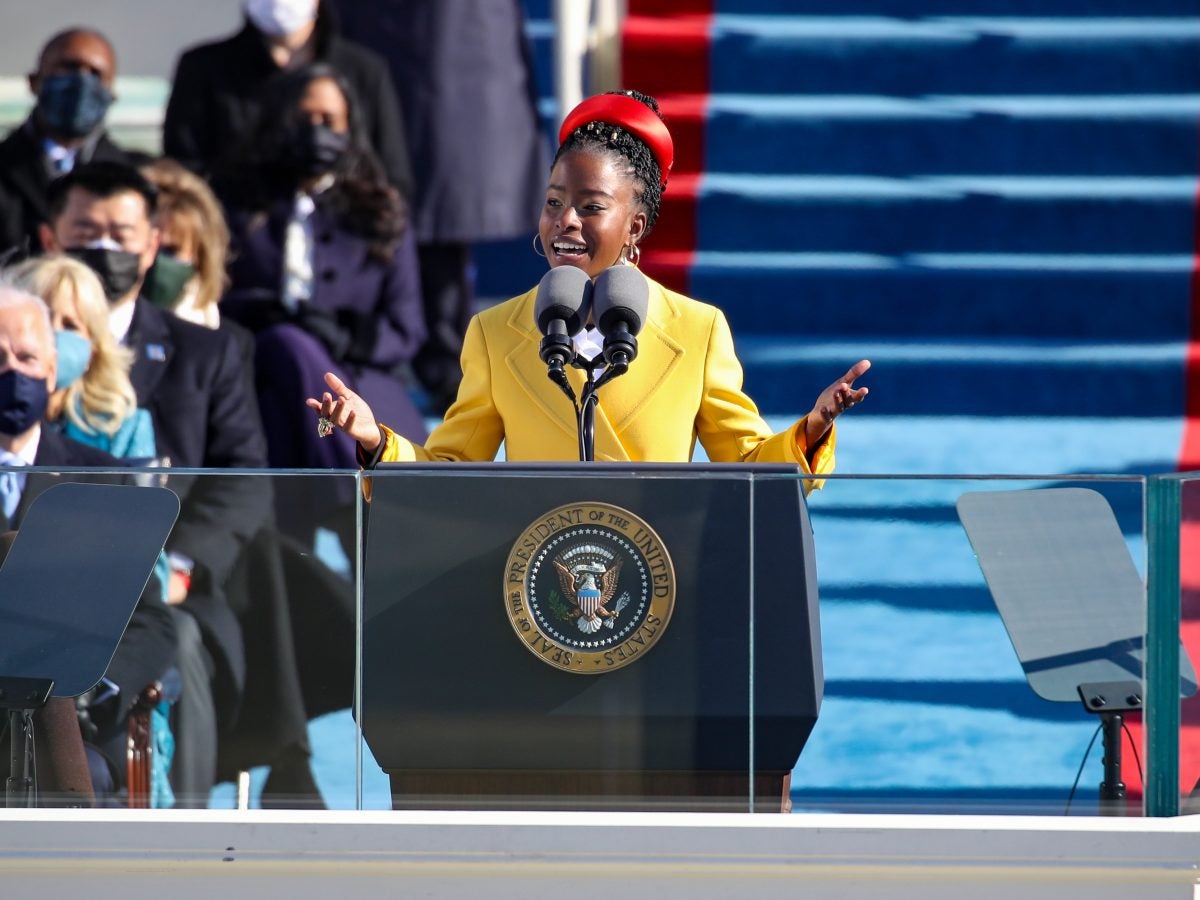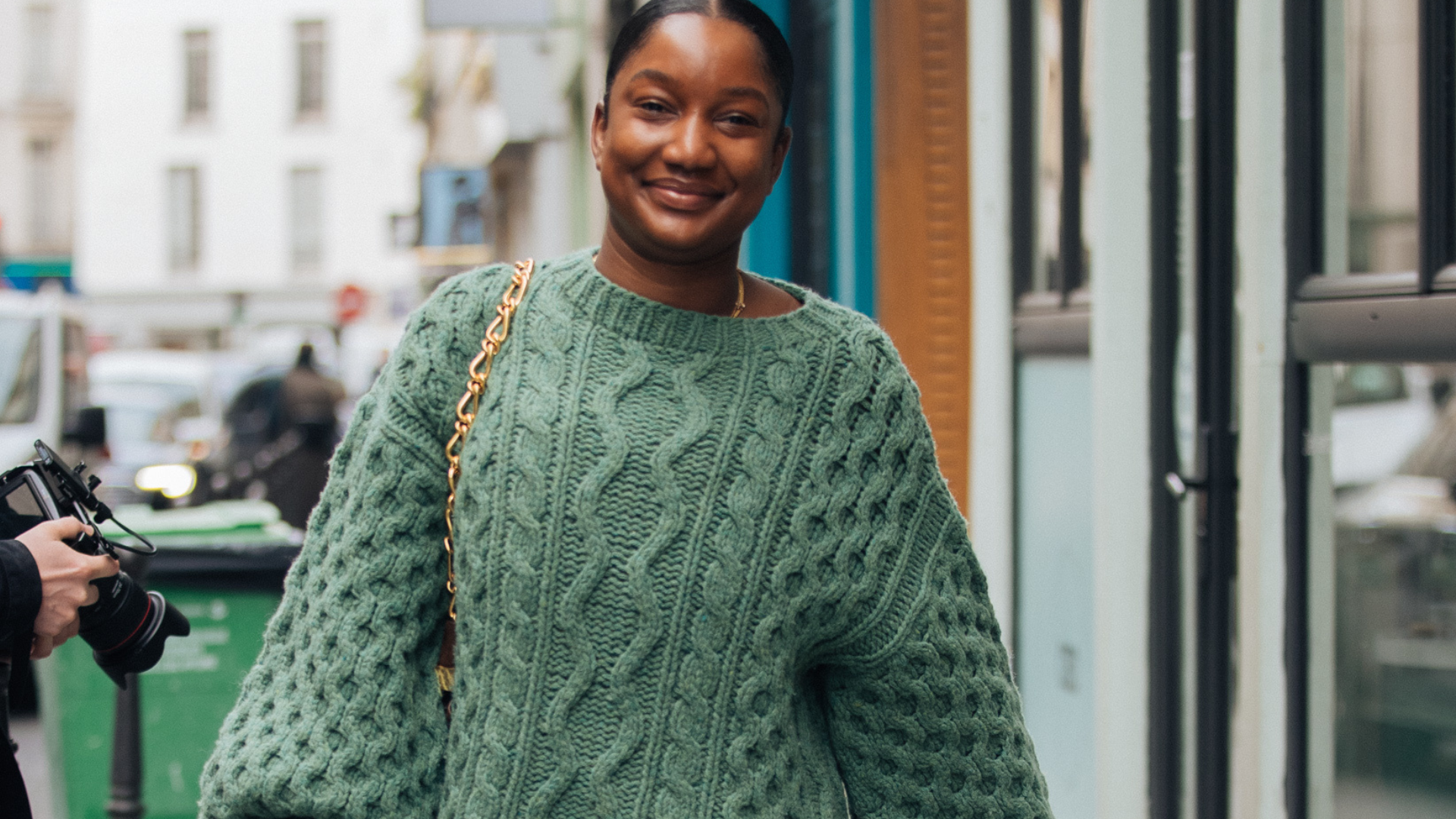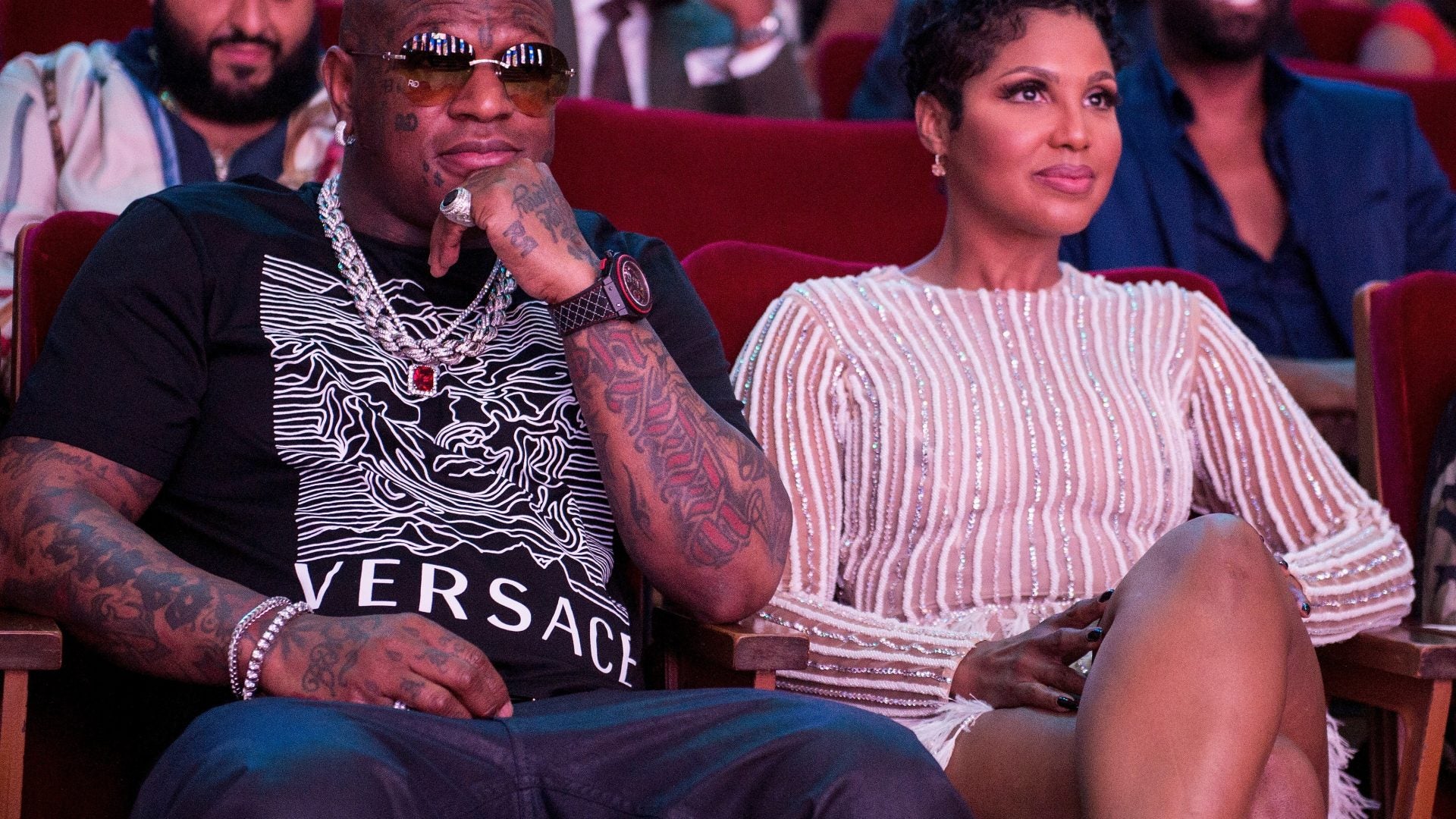
Two months after a parent of two Bob Graham Education Center students challenged a handful of books for their inclusion in Miami-Dade’s elementary school curriculum, the district banned four titles, including work from Black poet Amanda Gorman.
In March, Daisy Salinas challenged The ABCs of Black History, Cuban Kids, Countries in the News Cuba, the poem “The Hills We Climb,” which Amanda Gorman recited President Joe Biden’s inauguration, and Love to Langston.
The only work deemed age appropriate that escaped the ban was Countries in the News Cuba, while the remainder were moved to the middle school curriculum.
Who makes the decision on what is or is not appropriate? In this case, “[a] materials review committee — composed of three teachers, a library media specialist, a guidance counselor and the school’s principal,” were the deciding individuals determining what would be able to remain available.
Even though Salinas was successful, she did not think the district went far enough, and thinks “the books should have been removed for all students,” arguing that libraries in schools “are meant ‘to support the curriculum of the school and I don’t see how these books support the curriculum.’”
While book bans are not an inherently new tactic, this has become a particularly politicized issue for the GOP. In the past few years, a flurry of legislation and regulations have been proposed around what school district libraries can offer to students.
This latest instance occurs as Florida continues to remain “a hot spot in the clash over what reading material is appropriate for children, with laws that have greatly expanded the state’s ability to restrict books.”
According to PEN America, a global organization with a mission of protecting literature rights and freedom of expression, during the last school year, 2021-2022, the state “had the second-highest number of book bans in the country,” with “566 bans across 21 districts ranging from the Panhandle to South Florida.” As of March of this year, “175 books have been removed.”
Despite the overwhelming evidence to the contrary, Florida Governor Ron DeSantis maintains “that book removal efforts are a ‘hoax.’”
But, some folks such as Avery Anderson of St. Petersburg, FL, are fighting back, and Anderson even started a Banned Book Library, stating “You can try to control knowledge, and you can try to limit what people learn, but knowledge always escapes eventually. So, these students will eventually find this information, and I would rather us see it in healthy spaces, and spaces where they can express themselves and be wrong.”
“We’re seeing these topics pushed [away] from our kids at a time when they’re most accepting of our differences…This is the time to address the rougher topics in an age appropriate way. Instead, those books are not available to them,” said Florida Freedom to Read Project’s director of research and insight Stephana Ferrell, who thinks that people believe the Parental Rights in Education law was passed to “eliminate representation,” and thus are filing challenges against books.





